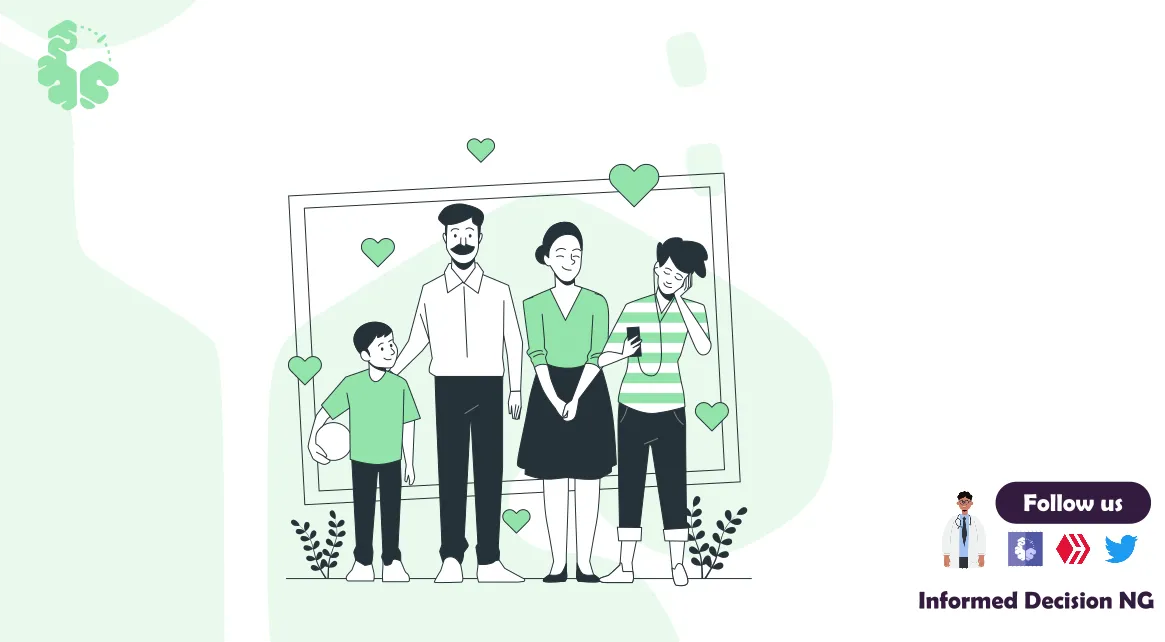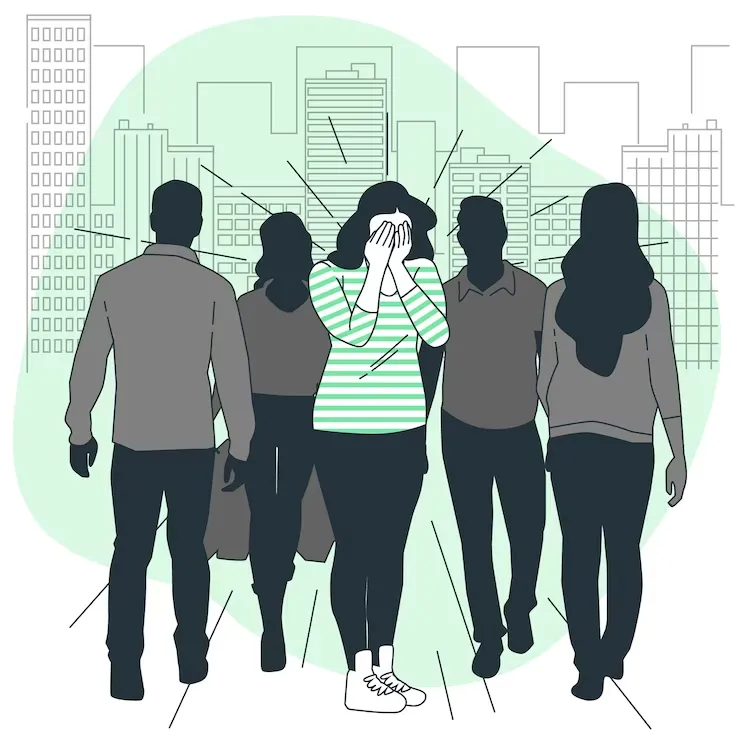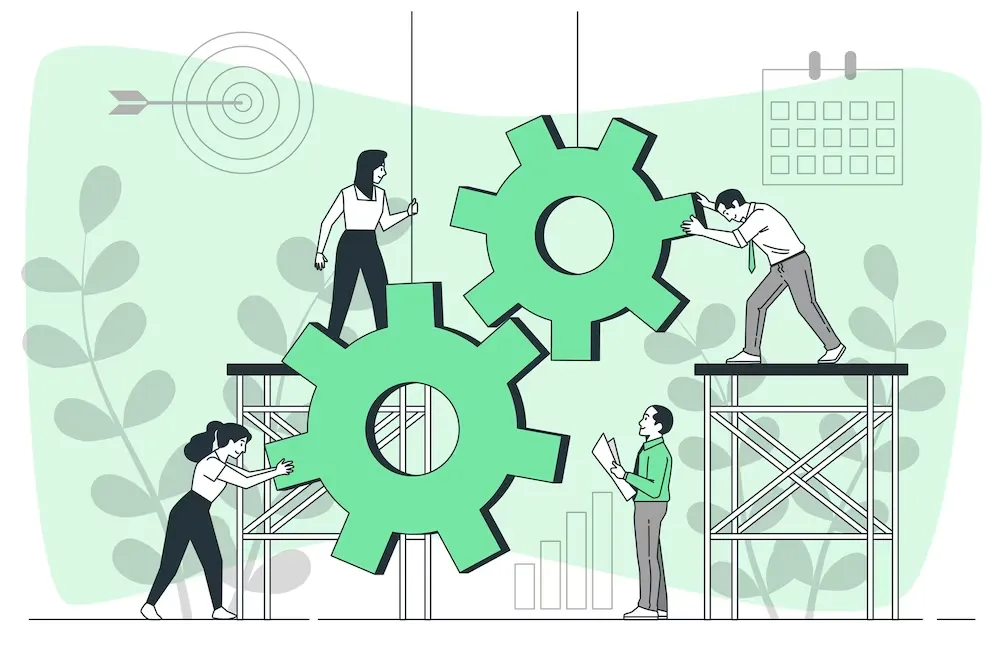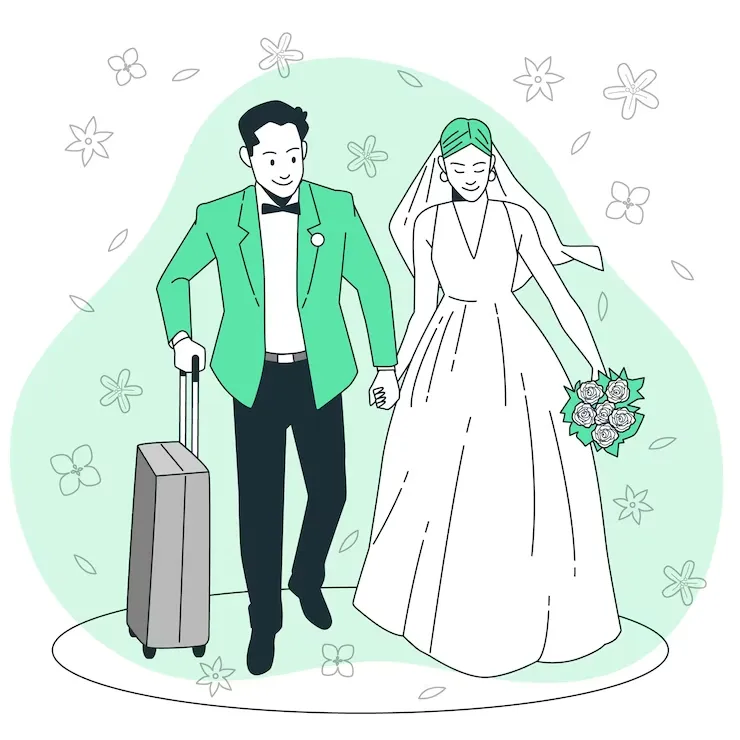
People illustrations by Storyset
How do you behave among your peers? Are you more passive, or do you talk more than everyone else? What are people saying and doing? What about your family? What culture do you portray as a family? Keep in mind that this is the behavior of the group you find yourself in.
Group dynamics in psychology refer to the ways in which individuals behave and interact when they are part of a group. It includes the roles that people take within the group and the way communication flows and decisions are made. People may also respond differently to certain people within the group, and this all forms part of the group dynamics.
If you are part of any form of group, even a family, you might want to know how to make it work more effectively.
Research in this field looks at how people make decisions, solve problems, and how different factors like group size, diversity, or member personality can impact these processes. This field is not entirely inclined to, but it is related to, how people conform to ideas or develop group thinking.
I touched on this topic a little when I wrote about the dark side of social influence. I even got a few claps for that post on Medium. You could check it out after reading this one.
I would really like to learn more about this topic, particularly when it comes to family dynamics. I have a god complex that makes me think I will one day fix society. I think it all starts with the family.
Group Size and Makeup

People illustrations by Storyset
The way a group performs will depend very much on the size of the group. This is an important topic in group dynamics because you don't want to allocate a huge chunk of work designed for a large group on a few people. You also want to make sure that the group is forging ahead.
Once you have **two people **even in a conversation, you have yourself a group. Also, a hundred people in one place or online, that's a group too. When groups are large and reach a hundred participants or even ten in some cases, there tends to be more conflict, reduced participation levels, and a lack of opportunity for individual recognition.
In my family, a group of ten people, I have memories of conflicts dating back to my earliest memories, which is something I should really talk to a therapist about. My clearest memory is of my brothers fighting, and my elder sister getting involved in it with a stool.
I also feel that many people in the family have not been appreciated for all they have done, and there are some who were recipients but never made an effort to participate.
In conversations I've had with certain members, I see how this has affected them in unexpected ways.
Group Effectiveness

People illustrations by Storyset
For a group to be effective, its members must be efficient and able to achieve goals satisfactorily. Many factors affect this, including group size.
It is important to note that groups do not become effective simply because their members are compatible, diverse, or experts in the field. Members have different needs, personalities, and motivations, and all these must be addressed for the group to be effective, including acclimatizing themselves to the environment they have created, the task they have at hand, and each member.
Experts have found that before a group can reach its full potential, it goes through several stages: forming, storming, norming, performing, and adjourning. Each stage has its problems that must be addressed before the group can progress to the next.
Forming a family

People illustrations by Storyset
In the forming stage, external guidance is needed for role assignment and analysis. During this period, members are getting to know themselves and the job at hand.
My friends and I tried to form a group to build a social media business, but we failed for many reasons, including the lack of external guidance.
In a family context, it would start with the husband and wife getting to know their roles in the traditional and modern context from parents and married peers.
The article from which I am getting most of my information had just a small segment on forming, but I think it is the most important part. What will this marriage be like? What are we modeling it after? Who is the typical caregiver? Who should we assign as the typical caregiver for our children? Not simply because of traditional roles.
I’d like to know what you think about group dynamics from a family perspective. Are there issues in your family that you think need to be addressed?
You can send me a message on WhatsApp at +2348134530293, and we can have a conversation, or you can speak with a licensed therapist.
Conclusion
In conclusion, understanding group dynamics in psychology is essential for effective teamwork, decision-making, problem-solving, and achieving goals. This concept applies not only to work groups but also to families and social groups.
Factors like group size, diversity, and member personalities can impact group processes, and addressing individual needs and motivations is crucial to group effectiveness. Additionally, groups go through several stages, including forming, storming, norming, performing, and adjourning, and each stage requires careful attention to the problems that arise before the group can progress to the next stage.
In a family context, external guidance and role assignment and analysis are crucial in the forming stage, and it is essential to consider traditional and modern contexts when assigning roles to family members.
Understanding and addressing issues in family dynamics can improve communication, reduce conflicts, and create a harmonious and effective family unit. Therefore, it is essential to take an active interest in group dynamics, whether in a work or family context, to achieve positive outcomes and create a healthy and productive environment.

Inkscape.org
Have you ever been part of a group where you felt that you couldn't express your opinion freely? What was the reason for that? How do you feel about group work or group projects? Do you prefer working alone or in a group?
What do you think are some of the challenges that groups face when making decisions or solving problems? Have you ever been in a group where there was conflict? How was it resolved?
How do you think group size affects the dynamics of the group? Do you think larger groups are more effective or less effective?
